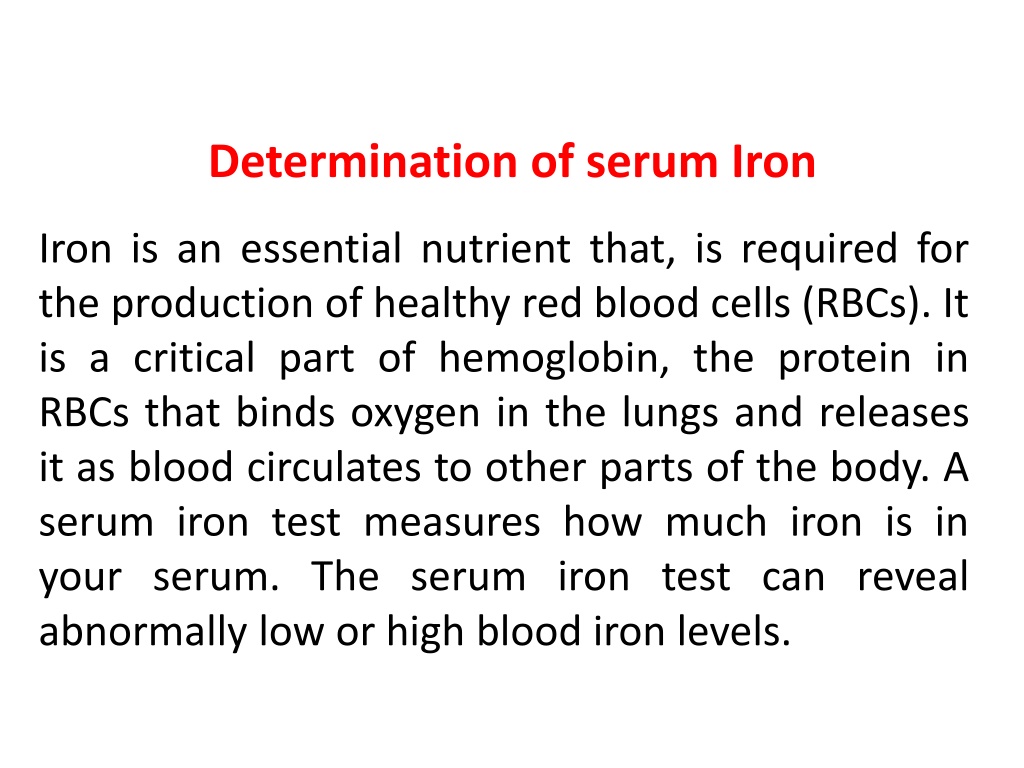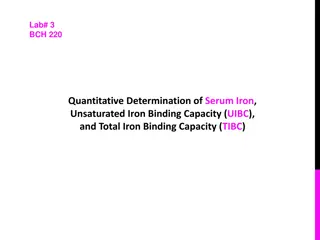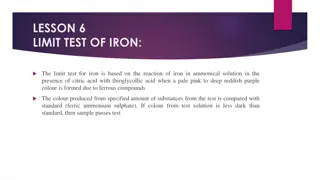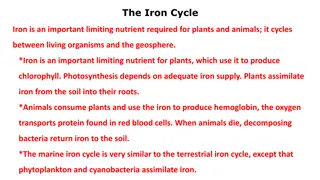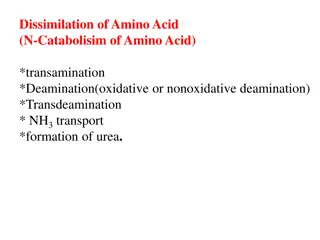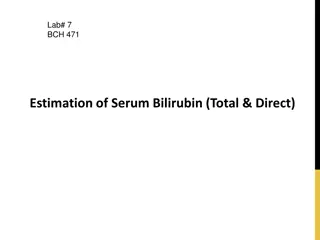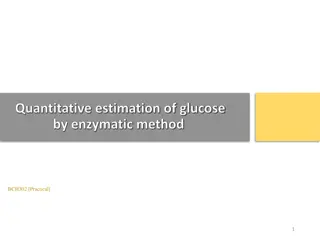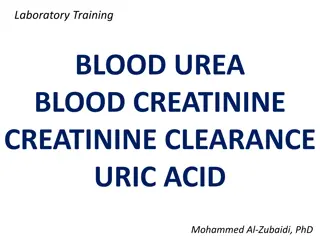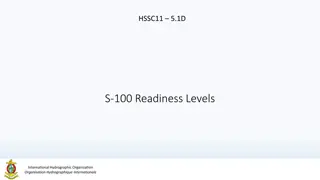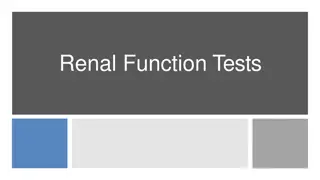Understanding Serum Iron Levels and Implications
Iron is essential for healthy red blood cell production, with serum iron tests measuring iron levels in the blood. Abnormal levels can indicate conditions like iron deficiency or iron overload, leading to symptoms such as fatigue, weakness, and more serious complications. Knowing normal ranges and interpreting test results is crucial for monitoring overall health and addressing any underlying issues related to iron levels.
Download Presentation

Please find below an Image/Link to download the presentation.
The content on the website is provided AS IS for your information and personal use only. It may not be sold, licensed, or shared on other websites without obtaining consent from the author. Download presentation by click this link. If you encounter any issues during the download, it is possible that the publisher has removed the file from their server.
E N D
Presentation Transcript
Determination of serum Iron Iron is an essential nutrient that, is required for the production of healthy red blood cells (RBCs). It is a critical part of hemoglobin, the protein in RBCs that binds oxygen in the lungs and releases it as blood circulates to other parts of the body. A serum iron test measures how much iron is in your serum. The serum iron test can reveal abnormally low or high blood iron levels.
Approximate distribution of body iron: 1. Haemoglobin:67% of the total body iron for oxygen transport. 2. Myoglobin :3% in muscles for oxygen storage 3. Ferritin and haemocidren:30% as iron storages present in liver, spleen, bone marrow and other tissues. 4. Haem enzymes in different body cells like cytochromes, catalases and peroxidases(0.2%). 5. Transferring in plasma:0.1%
Symptoms of abnormal iron levels Early symptoms of iron deficiency (anemia) include: - chronic fatigue - dizziness -headaches -muscle weakness
You may develop other symptoms as your condition worsens. These may include: - Difficulty concentrating - Grumpiness - Tongue and mouth sores - Misshapen nails
Symptoms of iron overload (when your body produces too much iron) include: - Pain in your abdomen and joints - Bronzing of skin - Fatigue - Heart problems - Lack of energy - Weight loss - Muscle weakness
Normal serum iron test results Serum iron is measured in micrograms of iron per deciliter of blood (mcg/dL). considered normal ranges for a serum iron test: - Iron: 60 to 170 mcg/dL - Transferrin saturation: 25 percent to 35 percent - Total iron binding capacity (TIBC): 240 to 450 mcg/dL The following are Transferrin is a protein in the blood that transports iron throughout your body. TIBC measures how well the transferrin proteins are transporting iron around your body.
Abnormal serum iron test results Abnormally high iron serum levels may mean you ve consumed too much iron, vitamin B-6, or vitamin B-12 High levels of iron may indicate: hemolytic anemia or hemolysis liver conditions: such as hepatitis iron poisoning: you ve taken more than the recommended dose of iron supplements iron overload
Abnormally low iron levels may mean you havent consumed enough iron or your body isn t absorbing the iron properly. Low iron levels may also indicate: Anemia
